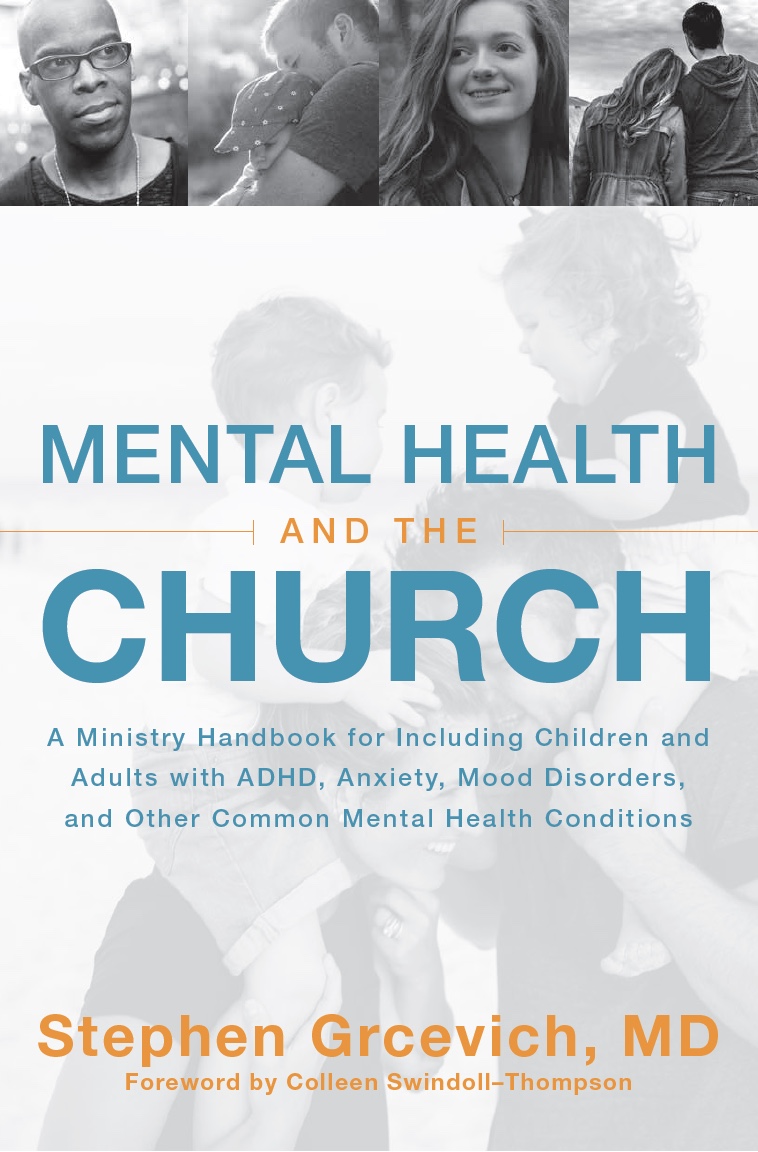 So much of what we at Key Ministry, along with other special needs ministry leaders focus on is creating welcoming and inclusive environments to help families be able to attend church. But how do we come beside families of kids with disabilities and “do life” with them after the connection has been made and the families we serve are now part of our church?
So much of what we at Key Ministry, along with other special needs ministry leaders focus on is creating welcoming and inclusive environments to help families be able to attend church. But how do we come beside families of kids with disabilities and “do life” with them after the connection has been made and the families we serve are now part of our church?
I was discussing with Mike Woods the possibility of developing a training video based upon the title of this blog post. I had sent him a link to this article from the front page of the Cleveland paper with the question of what a church could do to help a family in the predicament of the parents described in the story. Mike’s response got me thinking about what churches do well after families of kids with disabilities have made the initial connection and are regularly attending church.
I had an opportunity yesterday to speak with the mother of a boy with autism from a family that has been attending a new church for the last few months. Their family has had a great experience at their new church with the children’s pastor and volunteers going above and beyond despite the absence of any recognized special needs ministry. Both parents are potentially very high capacity volunteers with extensive leadership experience in multiple churches.
The mother told me about a conversation she very much appreciated with a leader in the church this past Sunday. She shared that the leadership of the church was very excited about having two people with the experience that she and her husband bring with them and the church is very excited about having a conversation with them about how they might want to use their gifts and talents at the church. The church leader also shared that they were sensitive to the demands that having a son with autism places on the family and that they would essentially wait for a signal from the couple before initiating such a conversation.
Several lessons I took from the way in which this church responded to this new family…
1. They were proactive in doing everything they could to help the parents and all of their children feel comfortable and welcome from before the time of their first visit to the church.
2. They recognized the potential gifts and talents that the family could contribute to the ministry of the church.
3. They’re relying upon the parents to discern when the timing is right for them to become more active in exercising their gifts and talents through the church, as opposed to expecting the family to conform to their agenda.
4. They continue to communicate a sense that each member of the family is valued and wanted at the church.
Over the next few weeks, I’m planning to share some more success stories of how churches we know have found tangible ways to minister to families “after the benediction.”
***********************************************************************************************************
 Key Ministry has assembled resources to help churches more effectively minister to children and adults with ADHD, anxiety disorders, Asperger’s Disorder, Bipolar Disorder, depression and trauma. Please share our resources with any pastors, church staff, volunteers or families looking to learn more about the influence these conditions can exert upon spiritual development in kids, and what churches can do to help!
Key Ministry has assembled resources to help churches more effectively minister to children and adults with ADHD, anxiety disorders, Asperger’s Disorder, Bipolar Disorder, depression and trauma. Please share our resources with any pastors, church staff, volunteers or families looking to learn more about the influence these conditions can exert upon spiritual development in kids, and what churches can do to help!





Awesome post Dr. Steve! Thanks for all that you and all the wonderful staff at Key Ministry do on a regular basis to support churches in becoming places of welcome and inclusion for all…
LikeLike
Awesome. If only every church could have such wisdom. Thanks for passing it on to us.
LikeLike